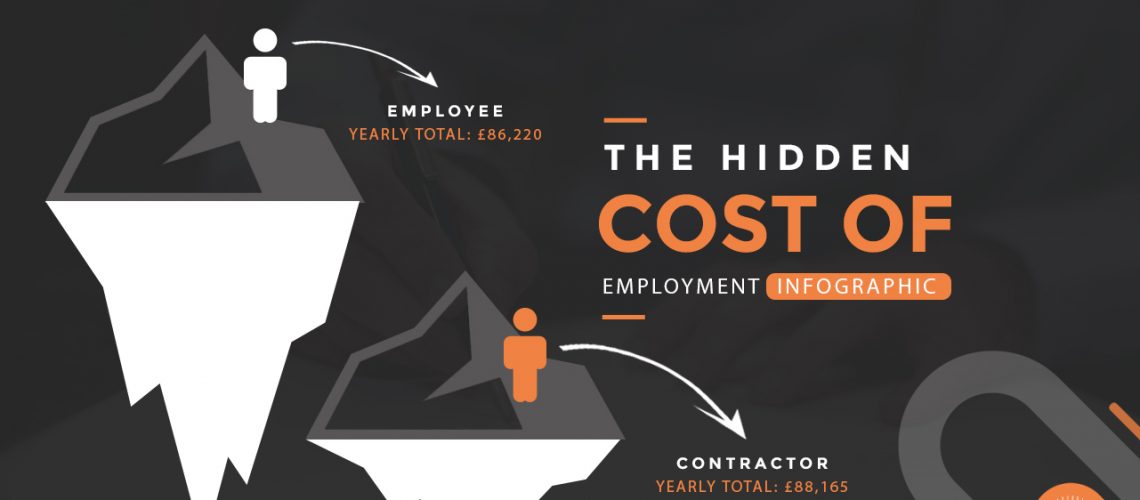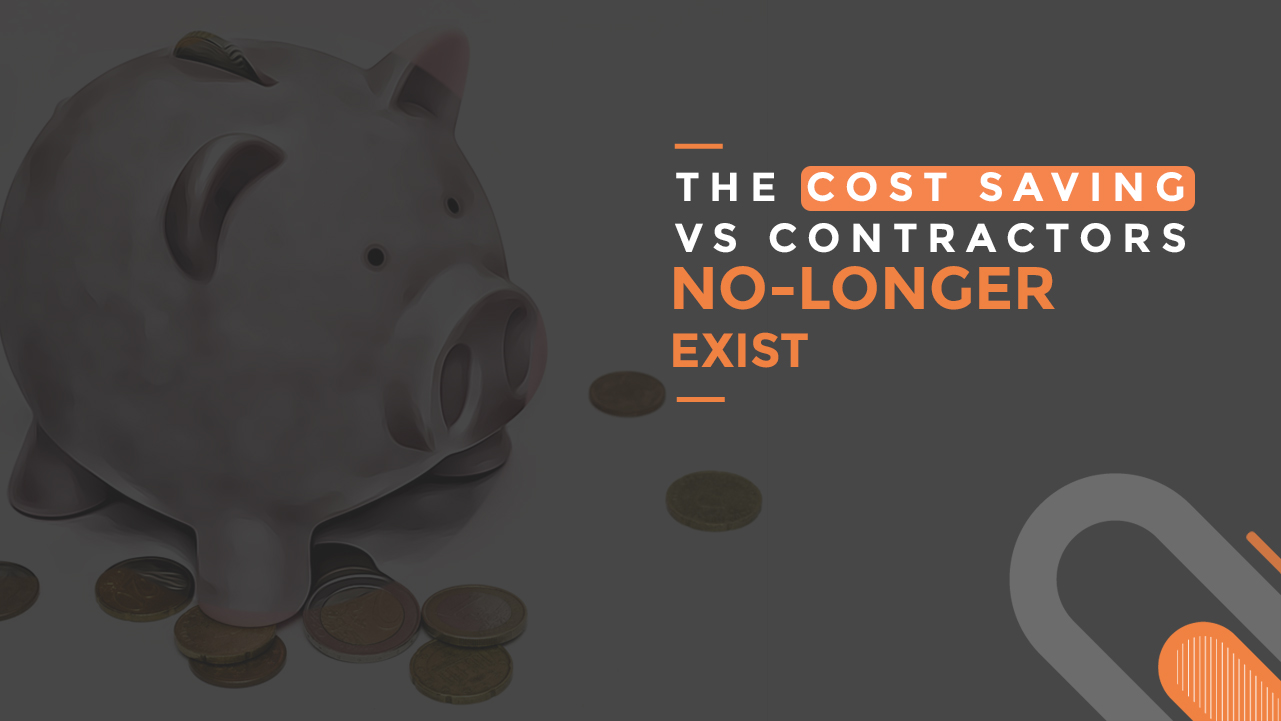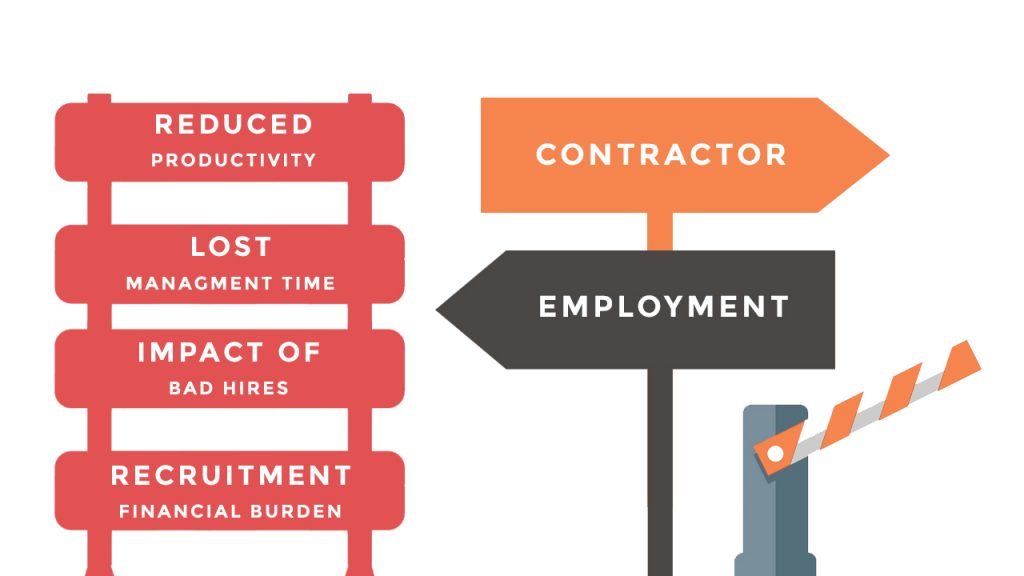Many modern businesses underestimate the true cost of their workforce.
And, I’m not just talking about the direct cost of staff employment. It includes wages, training, tax and benefits.
But – are you overlooking the indirect costs?
The financial burden, the impact of bad hires, poor leadership, reduced productivity cycles and lost management time could open a door to employment alternatives you may previously have thought expensive.
After all, the rise of the global workforce, virtual assistants, artificial intelligence, collaboration tools, agency contractors and freelance workers mean that hiring managers have never before had so many alternatives available to them.
The Future of Work Belongs to the Freelancer
Do you assume that contractors are highly-skilled specialists, used for short-term bursts of focused work – whereas employees are loyal, tend to have more transferable skills and are less expensive?
So did I.
I realised that as the contractor market continues to grow, and entire sectors are disrupted by gig economy workers, the lines between employment and contracting are harder to see.
The arguments between choosing one over another were not as simple as I first thought!
First, I addressed the issue of ‘up-front’ cost:
The average cost of a software developer with ten years experience in the UK is £42,000 a year.
The average cost of a software developer contractor in the UK (excluding London) is £385 a day.
Average UK employees work 229 days a year.
So – if we take the contractor day rate of £385 and times it by 229 days – we create our opening position:






